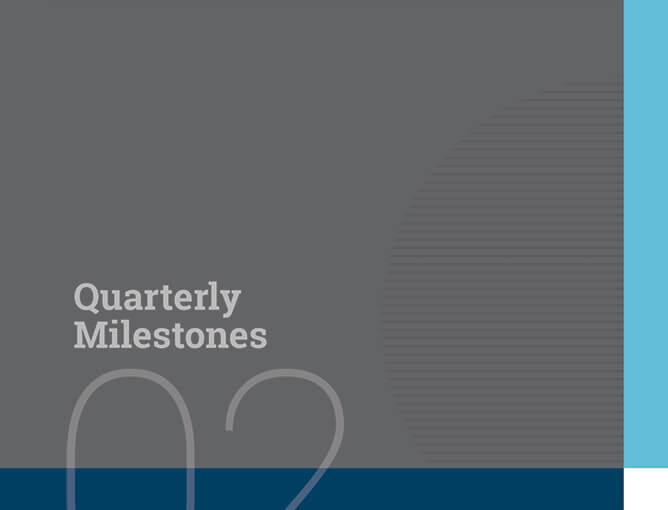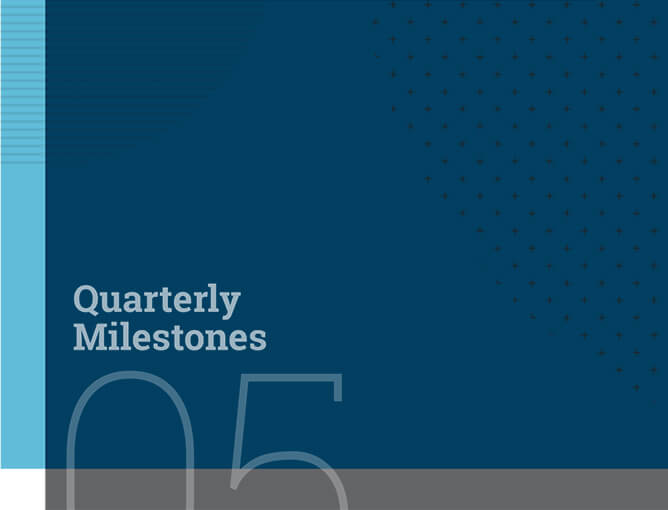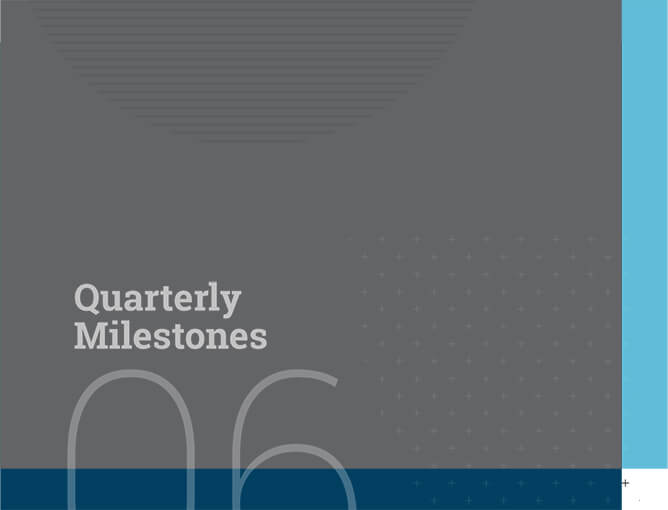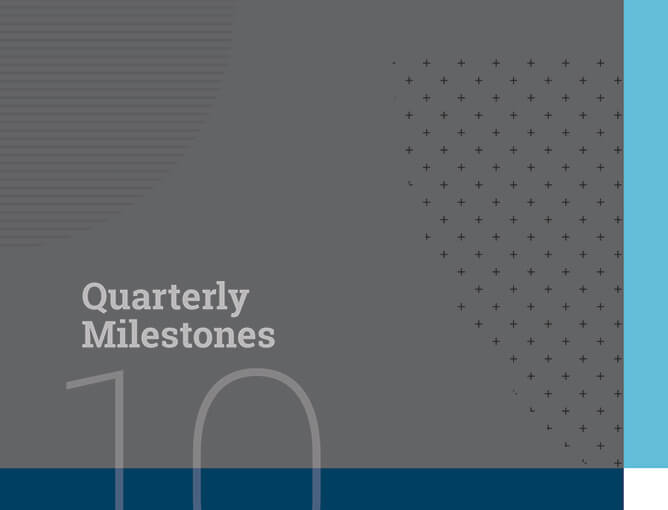
Mohit RohatgiPartner

Ashwini TakAssociate

Karan TrehanAssociate
Key Developments
-
Supreme Court clarifies that under Insolvency and Bankruptcy Code, 2016, creditors hold priority over government dues
In a major relief to creditors, the Supreme Court, in Paschimanchal Vidyut Vitran Nigam Ltd. v Raman Ispat Private Ltd. & Ors., reaffirmed the waterfall mechanism laid down under Section 53 of the Insolvency and Bankruptcy Code, 2016 (IBC) holding that dues payable to the government are placed much below in priority than the dues of the creditors.
This judgment comes in the backdrop of an earlier decision of the Supreme Court, in State Tax Officer v Rainbow Papers Ltd. (Rainbow Papers), wherein it was held that by virtue of Section 48 of the Gujarat Value Added Tax, 2003, the dues pending to the government (state tax department in this case) are to be considered at par with dues of secured creditors under Section 53 (1)(b) of the IBC. The Supreme Court observed that the Rainbow Papers ruling did not take note of the waterfall mechanism under Section 53, which treats the dues payable to secured creditors at a higher footing than dues payable to the central or state government. The Court further noted that the separate and distinct placement of the amounts payable to secured creditors and government dues in the waterfall mechanism also shows the intention of the legislature to treat both debts differently. The Supreme Court therefore restricted the applicability of Rainbow Papers to its own facts.
Interestingly, the Supreme Court is also re-examining Rainbow Papers and we may get more clarity on this aspect in the upcoming quarter.
-
Delhi and Bombay High Courts clarify the fate of unstamped arbitration agreements in petitions under Section 11 of the Arbitration and Conciliation Act, 1996
In addressing one of the aftermaths of the Supreme Court's decision in M/s NN Global Mercantile Private Ltd. v M/s Indo Unique Flame Ltd. (NN Global), where unstamped or insufficiently stamped agreements were held to be unenforceable, the Delhi High Court has provided much-needed clarity in relation to the procedure to be followed by courts in dealing with petitions under Section 11 of the Arbitration and Conciliation Act, 1996 (Act) (appointment of arbitrators) involving unstamped or insufficiently stamped arbitration agreements. (To read our detailed update on the NN Global ruling, click here.)
The Delhi High Court clarified as under.
- Courts are mandatorily required to impound unstamped or insufficiently stamped arbitration agreements. Such impounding may be delegated under proviso (b) to Section 33(2) of the Indian Stamp Act, 1899 (Stamp Act).
- It is incumbent upon a petitioner (who files a petition under Section 11 of the Act) to file the original, signed arbitration agreement. However, filing of the original instrument can be dispensed with in case the arbitration agreement is duly stamped and necessary averments are made in the petition.
- Once an arbitration agreement has been impounded, the court may send the same to the concerned Collector of Stamps for undertaking proceedings under the Stamp Act, or the court may itself direct the deposit of requisite stamp duty in terms of the Stamp Act.
- Courts can issue time-bound directions to the concerned Collector of Stamps to ensure that the statutory mandate of expeditious disposal of applications for appointment of arbitrator is not defeated.
The Bombay High Court, in John Cockerill India Ltd. v Sanjay Navare, went a step further and itself undertook the exercise of determining the requisite stamp duty on the unstamped arbitration agreement. The Court held that such sums can be forwarded to the Collector of Stamps so that a defect, essentially curable in nature, could be cured and the application for appointment of an arbitrator could proceed.
-
Delhi High Court holds that an unstamped or insufficiently stamped arbitration agreement is not a ground to set aside an arbitral award
In a recent decision in Arg Outlier Media Private Ltd. v HT Media Ltd., the Delhi High Court has held that an underlying arbitration agreement being unstamped or insufficiently stamped is not a ground to set aside an arbitral award.
This judgment comes in the backdrop of NN Global as well, where the Supreme Court held that an unstamped or insufficiently stamped arbitration agreement cannot be admitted into evidence. The Delhi High Court held that once the arbitrator admitted the unstamped or insufficiently stamped arbitration agreement into evidence, the award passed thereupon cannot be set aside on the grounds of non-stamping of the arbitration agreement.
This decision provides major relief to award holders amidst the uncertainty caused by NN Global.
The coming months promise some interesting developments as the Supreme Court will be reviewing its decision in Rainbow Papers. The Constitution Bench's judgments in (i) Cox and Kings v SAP India (P) Ltd., in relation to the group of companies doctrine, reserved on 12 April 2023; and (ii) curative petition in NN Global, in relation to the validity of unstamped or insufficiently stamped arbitration agreements, reserved on 12 October 2023, are also expected.












